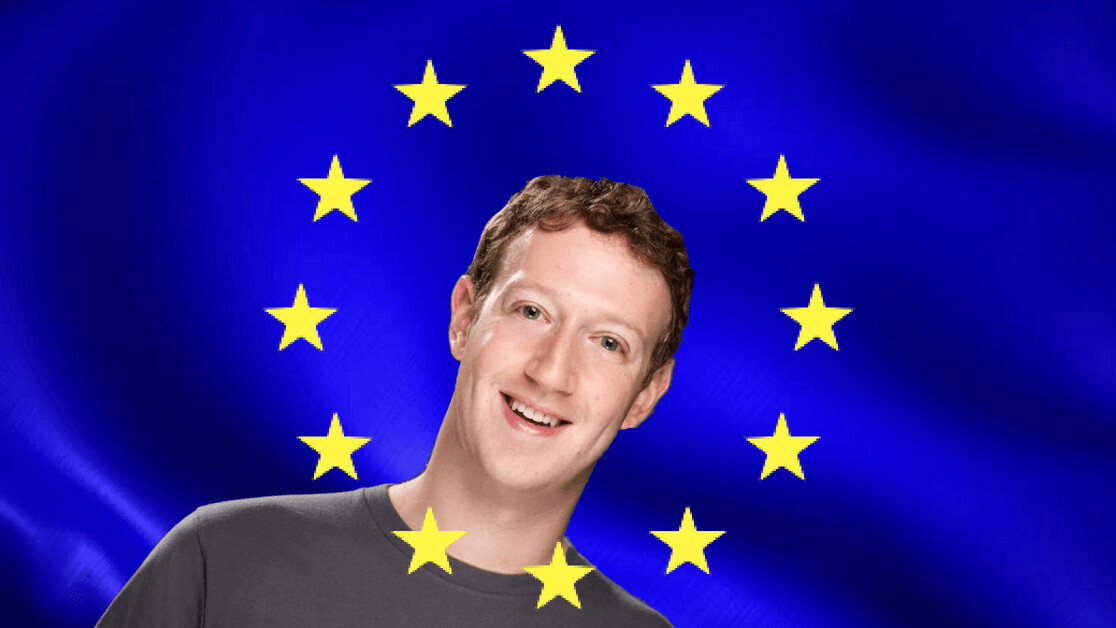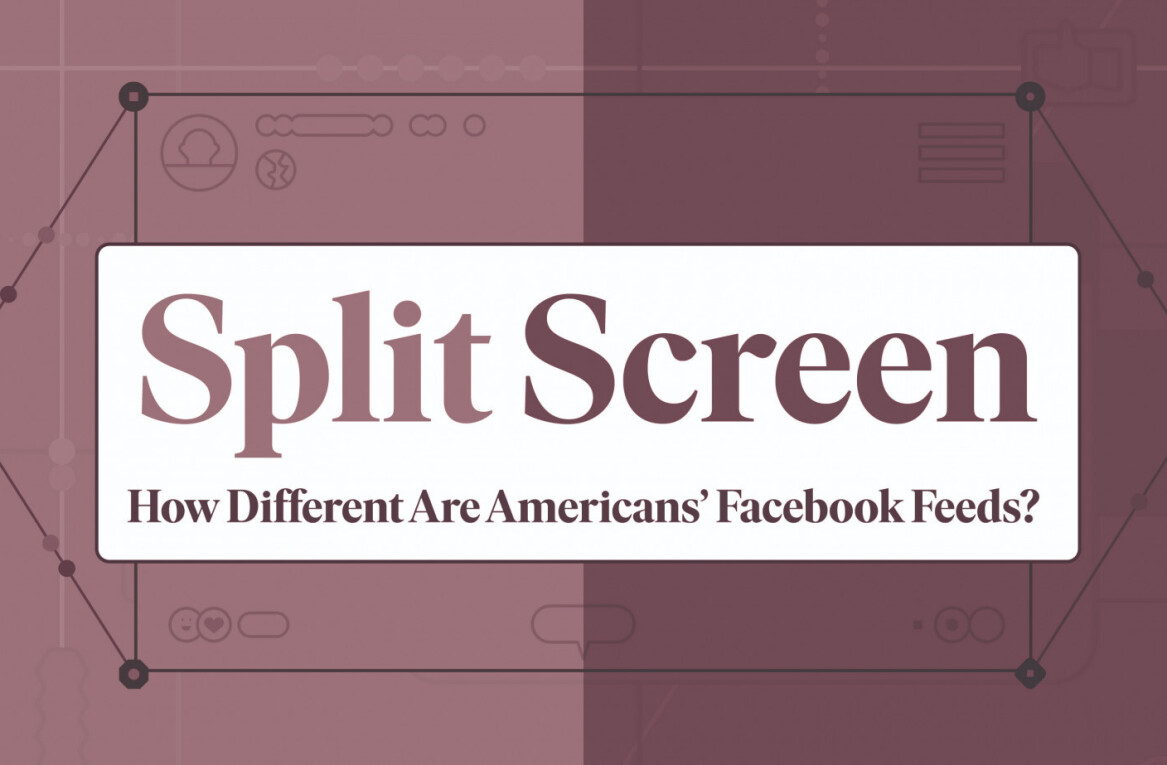
Facebook has agreed to hand over identifying information on French users suspected of using hate speech on its platform, making it the first deal of its kind between the social media giant and a government.
According to Reuters, the decision appears to have been a result of successive meetings between Facebook chief Mark Zuckerberg and French President Emmanuel Macron.
“This is huge news, it means that the judicial process will be able to run normally,” Cédric O, France’s Minister for Digital Affairs, told Reuters in an interview. “It’s really very important, they’re only doing it for France.”
Until now, the tech giant has cooperated with French courts in cases relating to terrorism and violent acts by revealing IP addresses and other identification data of suspected individuals.
It has also refrained from handing over ID information of people suspected of hate speech over worries that countries without an independent judiciary could abuse it.
The European Commission defines illegal hate speech as public conduct that incites violence or hatred against a group of people or a member of such a group defined by characteristics such as race, color, religion, and ethnic origin.
The development comes as major social platforms — Facebook, YouTube, Instagram, and Twitter — are gridlocked in a constant struggle to moderate hate speech. The obsession with driving user engagement have led to them rarely considering whether their algorithms were fueling the spread of extreme and hateful political content.
Their colossal reach has made them an easy target, with bad actors weaponizing the platforms to their advantage, and making them the most effective radicalization machines anyone has ever seen.
The French parliament is currently considering laws which could see tech companies fined up to 4 percent of their global revenue if they don’t do enough to remove hateful content from their platforms within 24 hours.
Germany already has a similar law in place under which social networks have 24 hours to remove hate speech, fake news, and other illegal material after they are notified about it — or face fines up to €50 million.
While companies have relied on a mix of algorithmic and human approaches to crack down on problematic accounts, the measures haven’t been enough. It remains to be seen if Facebook’s latest decision will find the right balance between freedom of expression and protecting citizens.
Get the TNW newsletter
Get the most important tech news in your inbox each week.




